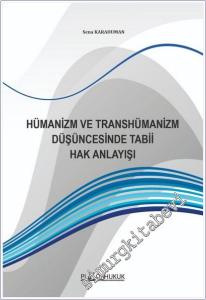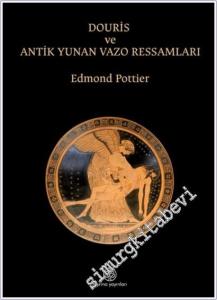Arama için en az 3 karakter girmelisiniz.
#smrgKİTABEVİ A Handbook Of Greek Constitutional History - 2025
Editör:
Kondisyon:
Yeni
Sunuş / Önsöz / Sonsöz / Giriş:
ISBN-10:
9786256812581
Kargoya Teslim Süresi (İş Günü):
3&7
Hazırlayan:
Cilt:
Amerikan Cilt
Boyut:
16x24
Sayfa Sayısı:
280
Basım Yeri:
Kırşehir
Baskı:
1
Basım Tarihi:
2025
Resimleyen:
Candan Manyaslı
Kapak Türü:
Karton Kapak
Kağıt Türü:
Enso
Dili:
Türkçe
Kategori:
indirimli
525,00
Havale/EFT ile:
514,50
Siparişiniz 3&7 iş günü arasında kargoda
1199241132
628329

https://www.simurgkitabevi.com/a-handbook-of-greek-constitutional-history-2025
A Handbook Of Greek Constitutional History - 2025 #smrgKİTABEVİ
525.00
The democratic principle in its extreme form is the assertation that the mere fact of free birth is alone sufficient to constitute a claim to all of- fices. It is never the claim of a majority to rule, but it is the demand that every one, whether rich or poor, high- or low-born, shall be equally represented in the constitution. This is what Aristotle calls the principle of numerical equality. -from "Chapter VI: Democracy" One of the most renowned classical scholars of the turn of the 20th century here offers a lucid and highly readable overview of a difficult and little understood aspect of Greek history: its public law, not just how it was structured but how it behaved in action. This 1896 book-perfect for university students, amateur historians, and readers of the history of the law-covers the full range of Greek legal development, from the origin of the city-state and the beginnings of the Greek monarchy to the social and political institutions of the far-flung Greek civilization to the rise of federalism and its long-term historical impact on the cultures that came after. British classical scholar A.H.J. GREENIDGE was a lecturer in ancient history at Brasenose College, Oxford. He is also the author of Roman Public and Private Law (1894), Legal Procedure in Cicero's Time (1901), and Roman Public Life (1901), among many other works of ancient history. This edition has been prepared in faithful accordance with the original text. No abridgements, simplifications, or additions have been made.
The democratic principle in its extreme form is the assertation that the mere fact of free birth is alone sufficient to constitute a claim to all of- fices. It is never the claim of a majority to rule, but it is the demand that every one, whether rich or poor, high- or low-born, shall be equally represented in the constitution. This is what Aristotle calls the principle of numerical equality. -from "Chapter VI: Democracy" One of the most renowned classical scholars of the turn of the 20th century here offers a lucid and highly readable overview of a difficult and little understood aspect of Greek history: its public law, not just how it was structured but how it behaved in action. This 1896 book-perfect for university students, amateur historians, and readers of the history of the law-covers the full range of Greek legal development, from the origin of the city-state and the beginnings of the Greek monarchy to the social and political institutions of the far-flung Greek civilization to the rise of federalism and its long-term historical impact on the cultures that came after. British classical scholar A.H.J. GREENIDGE was a lecturer in ancient history at Brasenose College, Oxford. He is also the author of Roman Public and Private Law (1894), Legal Procedure in Cicero's Time (1901), and Roman Public Life (1901), among many other works of ancient history. This edition has been prepared in faithful accordance with the original text. No abridgements, simplifications, or additions have been made.
Yorum yaz
Bu kitabı henüz kimse eleştirmemiş.




















